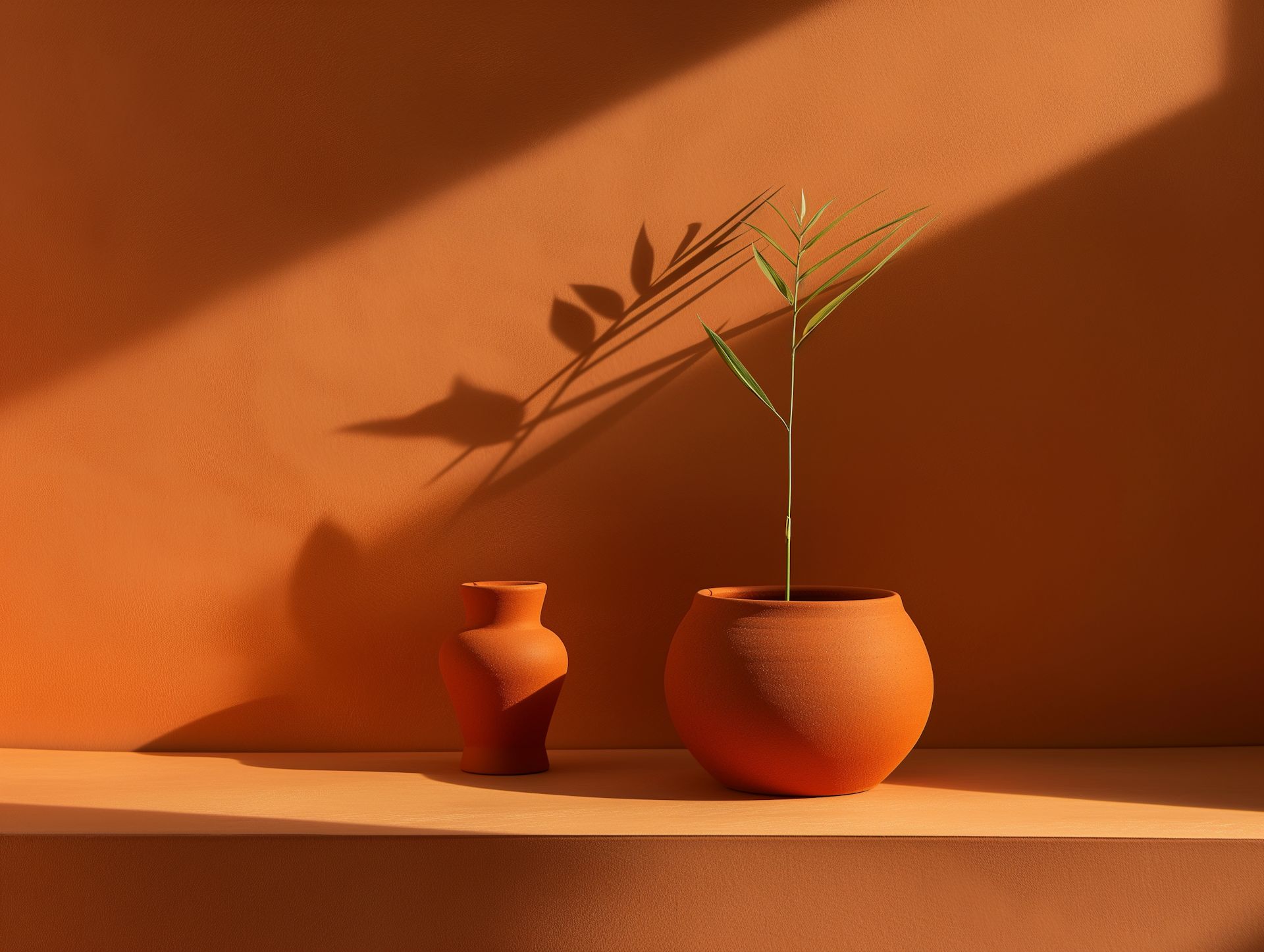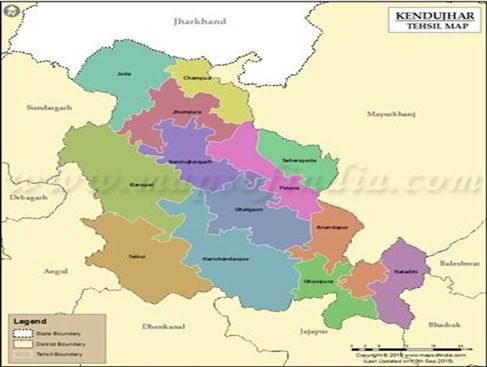
Kendujhar

Outreach by Numbers
Keonjhar district, also known as Kendujhar, is located in northern Odisha and is renowned for its abundant natural and mineral resources especially iron ore, as one of the state’s major mineral-producing districts. The district comprises 3 sub-divisions, 13 blocks and 2,137 villages. Out of a total population of 18,01,733; 44.5% belongs to Scheduled Tribes (ST). Keonjhar’s economy is largely driven by agriculture, mining and forest produce. Agriculture remains a vital part of the district’s economic landscape, with key crops including paddy, maize, pulses, til, niger, and arhar. Besides farming, the communities are engaged in subsistence livestock rearing and NTFP for livelihoods.
To ensure the doubling of farmer incomes for livelihood security, cluster-based on-farm, off-farm, and non-farm interventions in convergence with the government line departments streamlining assured irrigation and timely inputs, collective marketing, and market linkages were seen as viable approaches in the Keonjhar district.
Harsha Trust started working in Keonjhar district in the year 2021-22 through the APC program in Joda and Hatadihi blocks supported by DMF, Keonjhar. The partnership further expanded with the orchard plantation in the Banspal and Hatadihi blocks, and the Tasar host tree plantation in the Telkoi block. Currently, Harsha Trust’s initiatives span across 4 blocks, engaging with more than 6477 households in 77 villages focusing on community-centric livelihood initiatives.
Key Highlights (2023-24):
- High-value vegetables such as cauliflower, cabbage and brinjal, and green gram cultivation successfully covering 2,746acres, benefiting 3,967 households in Joda and Hatadihi Blocks to ensure livelihood security.
- Promotion of Non-Pesticide Management (NPM) practices across 514acres in both blocks for better productivity and safer eco-friendly food production.
- Integrated Livestock Management techniques adopted by 3,387 households, ensuring 100% vaccination and de-worming for healthy livestock, and higher-income generation. In Joda block 2387 HHs are involved in Back Yard Poultry (BYP), while 1999 HHs have opted for goat rearing. In Hatadihi block, 1441 HHs are practicing BYP, and 570 HHs go for goatery.
- 258 Self-Help Group (SHG) members in 72 villages have been actively engaged in mushroom cultivation to supplement their income as well as nutrition. They are cultivating mushrooms in three rounds and earning an average income of Rs. 45,000/- in every cycle (per SHG).
- Expansion of irrigation facilities through convergence initiatives such as lift irrigation, farm ponds and bore-wells in 492 acres, supporting 417 households in both blocks to promote agro-horticulture.